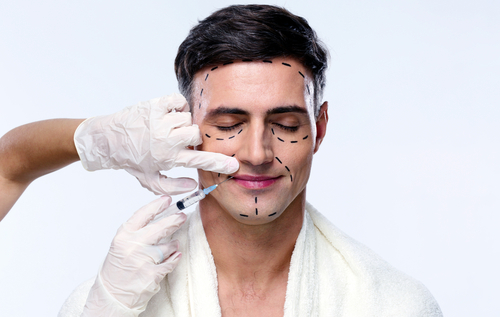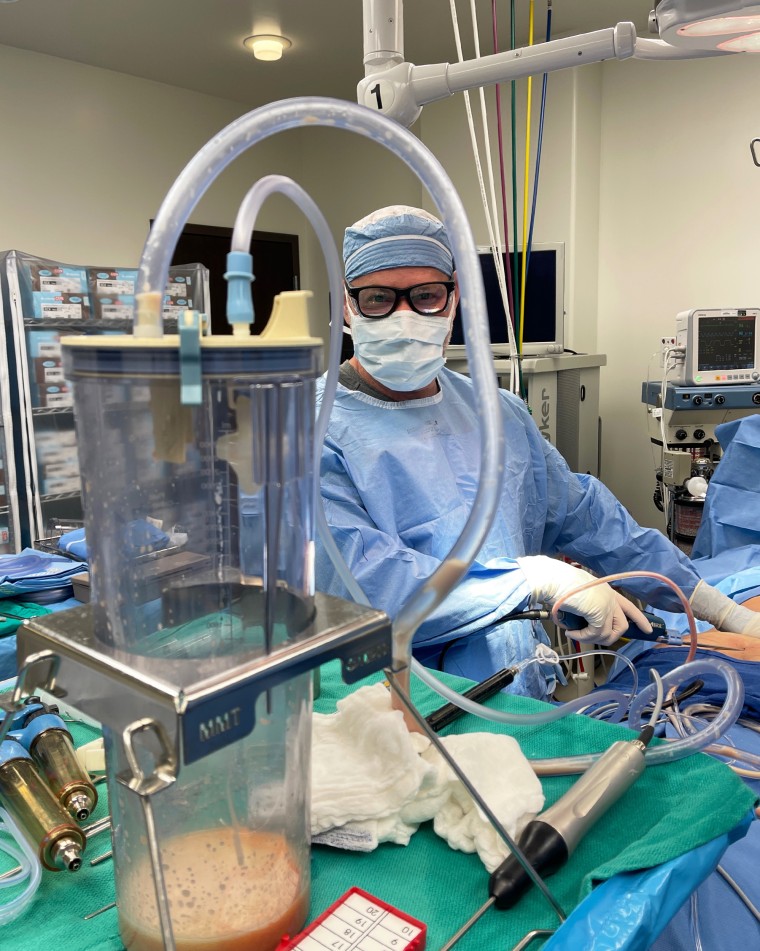Mommy Makeover Rancho Cucamonga: Reclaim Your Pre-Baby Body with Customized Procedures
Mommy Makeover Rancho Cucamonga: Reclaim Your Pre-Baby Body with Customized Procedures
Blog Article
Investigating the Psychological and Social Elements That Drive Individuals to Think About Plastic Surgery as a Way of Enhancement
The choice to go after cosmetic surgical treatment typically expands beyond mere looks, linking with social and psychological characteristics that merit comprehensive exam. Factors such as self-worth, pervasive social charm standards, and the prevalent impact of social networks assemble to shape specific motivations for surgical enhancement. As these influences become progressively noticeable, understanding the underlying social and emotional contexts is essential. What remains to be explored is the extensive impact these elements have not just on individuality however also on broader societal standards and worths bordering beauty and acceptance.
The Duty of Self-Esteem
Self-worth dramatically influences a person's decision to go after cosmetic surgical procedure. People with low self-esteem commonly perceive themselves in a negative light, leading to feelings of insufficiency regarding their physical appearance. This unfavorable self-perception can drive them to look for surgical interventions as a method of improving their self-image. The desire for improvement in one's look is frequently linked to a belief that such adjustments will certainly boost their general self-respect and self-confidence.

Ultimately, the duty of self-esteem in the decision-making procedure concerning cosmetic surgery highlights the complicated interplay in between body image, individual complete satisfaction, and psychological health and wellness. Comprehending this partnership is essential for healthcare experts to make certain that clients are making informed choices rooted in realistic assumptions and emotional health.
Societal Charm Criteria
Influenced by pervasive media portrayals and social narratives, societal beauty requirements play a crucial function fit individuals' perceptions of their own bodies. These standards are typically identified by an idealized form of appeal that emphasizes traits such as slimness, youthfulness, and symmetry. As these perfects are bolstered with various channels, consisting of marketing, television, and movie, people often internalize these messages, leading to discontentment with their all-natural look.
The implications of these social standards extend beyond visual preferences; they can impact self-esteem, psychological health, and social connections. People who regard themselves as falling brief of these standards might experience sensations of inadequacy, motivating a need for plastic surgery as a way of attaining societal authorization. This quest is usually fueled by the idea that adapting these suitables will improve not just physical look yet likewise social standing and individual fulfillment.

Impact of Social Media Site
The influence of societal beauty criteria is additional amplified by the increase of social media systems, where curated photos and idealized depictions of beauty are ubiquitous. Customers are regularly subjected to filteringed system and modified photos, which typically show unattainable physical characteristics. This exposure cultivates a society of comparison, leading people to evaluate their own look against these frequently impractical benchmarks.
Social media site influencers and stars regularly promote aesthetic procedures, normalizing the notion that medical improvements are a practical means for achieving societal perfects (plastic surgery rancho cucamonga). The presence of these enhancements can develop an understanding that undertaking plastic surgery is a standard practice, thereby affecting individuals to think about comparable interventions as a path to improved self-esteem and social acceptance
In addition, the interactive nature of social networks permits immediate responses via sort and comments, additionally strengthening the desire to adapt prominent charm standards. Such communications can exacerbate sensations of insufficiency and drive people toward cosmetic surgery as a way of getting validation. Eventually, social media plays an essential duty fit perceptions of charm, which considerably impacts the decision-making processes surrounding plastic surgery.

Cultural Perspectives on Look
Throughout various societies, assumptions of appearance are deeply rooted in historical, social, and financial contexts, shaping individuals' views on beauty and value. In several cultures, appearance works as a substantial marker of identification, influencing social status, expert opportunities, and individual connections. For instance, in some societies, light skin is often connected with riches and benefit, while others may idealize darker skin tones as signs of stamina and credibility.
Moreover, standard appeal requirements are often perpetuated through cultural stories, media depictions, and household influences, leading to varying ideals across different areas (plastic surgery rancho cucamonga). In Western cultures, the site web focus on young people and fitness frequently drives people towards aesthetic improvement, while in particular Eastern societies, even more refined adjustments lined up with traditional looks might be favored
Globalization and the spreading of electronic media have actually further complicated these dynamics, producing a hybridization of elegance perfects that goes beyond geographical boundaries. As individuals significantly browse these cultural narratives, the pressure to adapt specific appearance requirements can cause the desire for cosmetic surgery, showing an intricate interaction of cultural values and individual ambitions. Recognizing these social viewpoints is essential in addressing the motivations behind cosmetic surgical procedure factors to consider.
Psychological Impacts of Aesthetic Surgery
Many people looking for plastic surgery record experiencing extensive psychological effects that can significantly modify their self-perception and psychological health - plastic surgery rancho cucamonga. The desire for physical improvement frequently stems from underlying issues such as reduced self-worth, body dysmorphic condition, or social pressures concerning appeal requirements. view publisher site For some, the instant post-operative stage can lead to a short-lived increase in positive self-image and complete satisfaction with their look, fostering a sense of empowerment
However, these favorable feelings may not be sustaining. Research study suggests that while some patients experience improved self-confidence, others might encounter intense anxiousness or clinical depression if their expectations are not met. This inconsistency can occur from unrealistic perfects bolstered by media depiction and cultural stories surrounding appeal.
Additionally, the psychological ramifications of plastic surgery prolong past the person. Relationships with friends and family may be strained as social characteristics change, causing sensations of seclusion or alienation. Eventually, the mental influences of plastic surgery are multifaceted and complicated, calling for careful factor to consider by both possible clients and doctor to ensure enlightened decision-making and realistic assumptions.
Final Thought
Finally, the choice to seek cosmetic surgical treatment is substantially influenced by a mix of self-esteem problems, societal beauty criteria, and cultural point of views on appearance. The prevalent reach of social networks even more intensifies these pressures, advertising unrealistic ideals that individuals commonly aim to obtain. Comprehending these social and psychological variables is necessary for attending to the inspirations behind cosmetic surgery, highlighting the demand for a much more nuanced discussion bordering charm and self-acceptance in modern culture.
The choice to go after cosmetic surgery frequently expands beyond plain aesthetics, linking with social and psychological dynamics that warrant detailed examination. Ultimately, social media plays a crucial function in shaping assumptions of beauty, which substantially impacts the decision-making procedures bordering cosmetic surgical procedure.
As individuals progressively browse go to this website these social stories, the pressure to adjust to certain look requirements can lead to the wish for cosmetic surgery, showing a complex interplay of individual aspirations and social values.In conclusion, the decision to pursue cosmetic surgical procedure is considerably affected by a mix of self-esteem problems, social charm requirements, and social viewpoints on look. Understanding these psychological and social variables is vital for resolving the inspirations behind cosmetic surgical treatment, highlighting the requirement for a more nuanced conversation surrounding elegance and self-acceptance in contemporary society.
Report this page